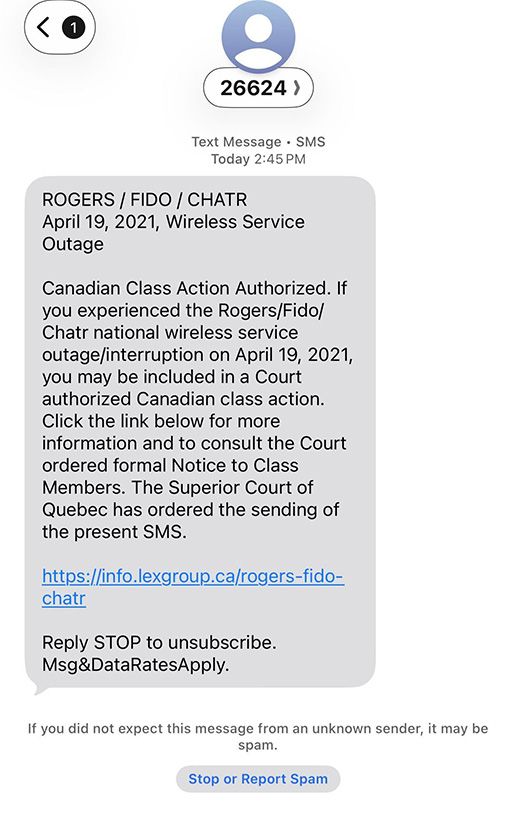
Introduction
In July 2022, millions of Canadians were left without phone and internet service due to a massive outage affecting Rogers Communications and its subsidiary, Fido. This disruption not only left customers frustrated and disconnected but also raised serious legal questions about the responsibilities of major telecommunications companies. As a result, a class action lawsuit has been initiated against Rogers and Fido, highlighting the significance of accountability in the telecom industry.
Details of the Outage
The outage, which occurred on July 8, 2022, lasted for over 15 hours and impacted a substantial portion of Canada, affecting not just individual customers but also businesses, emergency services, and government operations. It was reported that about 30% of Canadians with mobile services were affected, leading to an outcry for better service reliability and communication from providers.
Class Action Lawsuit Overview
In response to the outage, a group of affected customers has banded together to file a class action lawsuit against both Rogers and Fido, accusing them of failing to provide the service for which they charged their customers. Law firms in Ontario and British Columbia are leading the lawsuit, which seeks compensation for the losses incurred by users during the outage. The lawsuit claims that the service interruption was a breach of contract and that the companies did not provide adequate information or support during the crisis.
Reactions and Implications
The reaction to the outage and subsequent lawsuit has been mixed. While many customers express their dissatisfaction and support the action, others question the feasibility and potential outcomes of such legal actions against large corporations like Rogers. Legal experts indicate that while class action lawsuits can be lengthy and complex, they also have the power to enforce corporate accountability in the telecommunications industry.
Conclusion
The Rogers and Fido outage and the resulting class action lawsuit serve as a critical reminder of the vulnerabilities within essential service industries. As Canadians increasingly rely on telecommunications for everyday activities, the expectations for service reliability continue to grow. This lawsuit may not only impact Rogers and Fido but could also pave the way for regulatory changes and a stronger push for accountability among all telecom providers. Consumers are encouraged to stay informed about the outcomes of this lawsuit, as it may shape the industry’s future and encourage better service practices.



